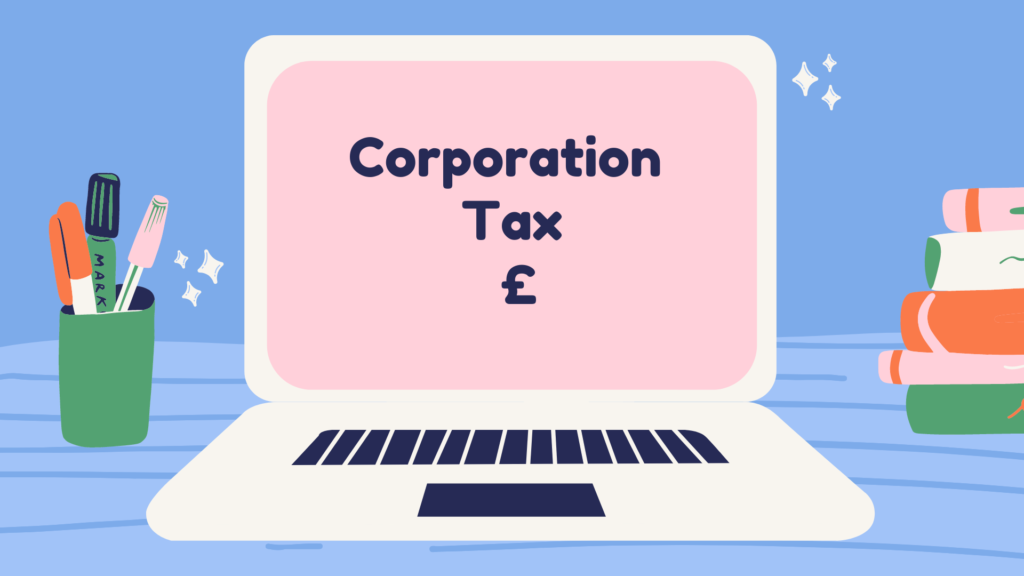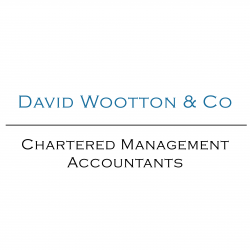
All limited companies pay Corporation Tax on an annual basis. How does it work, and how will the new Super Deduction offer benefits for UK businesses?
What is Corporation Tax?
Corporation tax is paid by UK limited companies and is based on annual profits. Certain expenses can be deducted, and various allowances can help reduce your tax liability.
Corporation tax applies to:
- Trading profits – the earnings from doing business
- Investments
- Selling assets such as land, property, shares, and machinery
Who pays corporation tax?
Corporation tax is paid by all UK limited companies, but not Sole Traders and partnerships. These fill out a tax return and apply income tax to their earnings. Some non-limited organisations do pay Corporation Tax, such as charities and associations.
How much is corporation tax in the UK?
The main rate is set at 19% for all business profits and will remain at this level until 2023.
From April 2023, if your taxable profits are above £250,000 then corporation tax will be payable at 25%. If your profits are £50,000 or less, they will remain at 19%. For profits between these limits, you’ll pay a marginal rate of effectively 26.5% – but with the benefit of marginal relief.
When does corporation tax have to be paid?
Your corporation tax is paid annually, before you file your company tax return. The date it is due therefore depends on your corporation tax accounting period.
You must settle your corporation tax bill nine months and one day after the end of your accounting period from the previous financial year.
Corporation Tax Relief – Expenses
There are various business expenses that you can deduct from your company’s income before calculating the annual profit on which you will be taxed.
These include things like marketing costs, insurance, equipment, training, travel and pensions.
Corporation Tax Relief – The Super Deduction
In the Budget 2021, the Chancellor announced the Super Deduction, a new tax allowance to support business investment.
It was announced as ‘the biggest business tax cut in modern British history’. It is certainly a generous allowance, where a company can claim back 25p for every £1 invested in qualifying machinery and equipment.
It’s only a temporary measure, though, available from 1st April 2021 until 31 March 2023. If you are planning to invest in your business, it is worth prioritising these investments to take advantage of this new allowance.
How do I work out the Super Deduction?
Companies generally claim for assets at 100% of their value to get tax relief. So, with Corporation Tax at 19%, the tax relief on an asset worth £10,000 is 19% of its full value – or £1,900.
But the super deduction allows you to claim relief on 130% of the asset’s value. So, the tax relief of an asset worth £10,000 would be calculated on 130% of its value. From a tax perspective your asset is now worth £13,000, and you get tax relief of £2,470 (19% of £13,000 is £2,470).
The headline figure of 25p per £1 comes from the fact that 19% of 130% of an asset’s value is roughly the same as 25% of 100% of its value.
Who is eligible for the super-deduction?
Any business that pays Corporation Tax is eligible for the super-deduction. It’s seen as particularly appealing to companies in the manufacturing, farming and construction industries.
What qualifies as plant and machinery?
HMRC haven’t released a formal definition of the assets covered by the Super Deduction. But as most tangible assets for a business are considered ‘plant and machinery’ from a tax point of view, qualifying assets generally include:
- IT equipment and servers
- Office chairs and desks
- Tractors, lorries, vans
- Ladders, tools
- Electric vehicle charge points
- Cranes
- Refrigeration units
- Compressors
What assets don’t qualify?
You can’t claim for cars, shares, or residential property. You can only claim on assets purchased as part of a property if you buy the property brand new, direct from the developer.
You must not have entered the contract to purchase any asset before 31 March 2021.
Are second-hand or buy-to-rent assets included?
No – the Super Deduction only applies to new plant and machinery, and you cannot use it for equipment you’re planning to rent out.
HMRC has confirmed that the Super-Deduction can be used on equipment purchased via hire purchase finance, as long as you are given ownership of the assets under the agreement.
Does the Super Deduction help address the planned Corporation Tax rise?
The Super Deduction is essentially an incentive for businesses to invest in equipment, which in turn will help boost the economy.
Businesses that take advantage of the super deduction will essentially be able to get tax relief at the future 25% rate early, as shown in the table below.
| With the super-deduction, before Corporation Tax increases | Without the super-deduction, after Corporation Tax increases | |
| Asset value | £10,000 | £10,000 |
| Claiming tax relief on | 130% of the assets value = £13,000 | 100% of the assets value = £10,000 |
| Corporation Tax | 19% | 25% |
| Corporation Tax relief | 19% of £13,000 = £2,470 | 25% of £10,000 = £2,500 |
How to get corporate tax advice
Corporate tax planning can be complex, especially if you’re a small business owner without an extensive finance team. Here at Wootton Co in the Lune Valley, we’re highly experienced in providing corporation tax services as business accountants. Let us help you explore how you can plan business investments to take full advantage of the Super Deduction and other tax allowances. Contact us.

